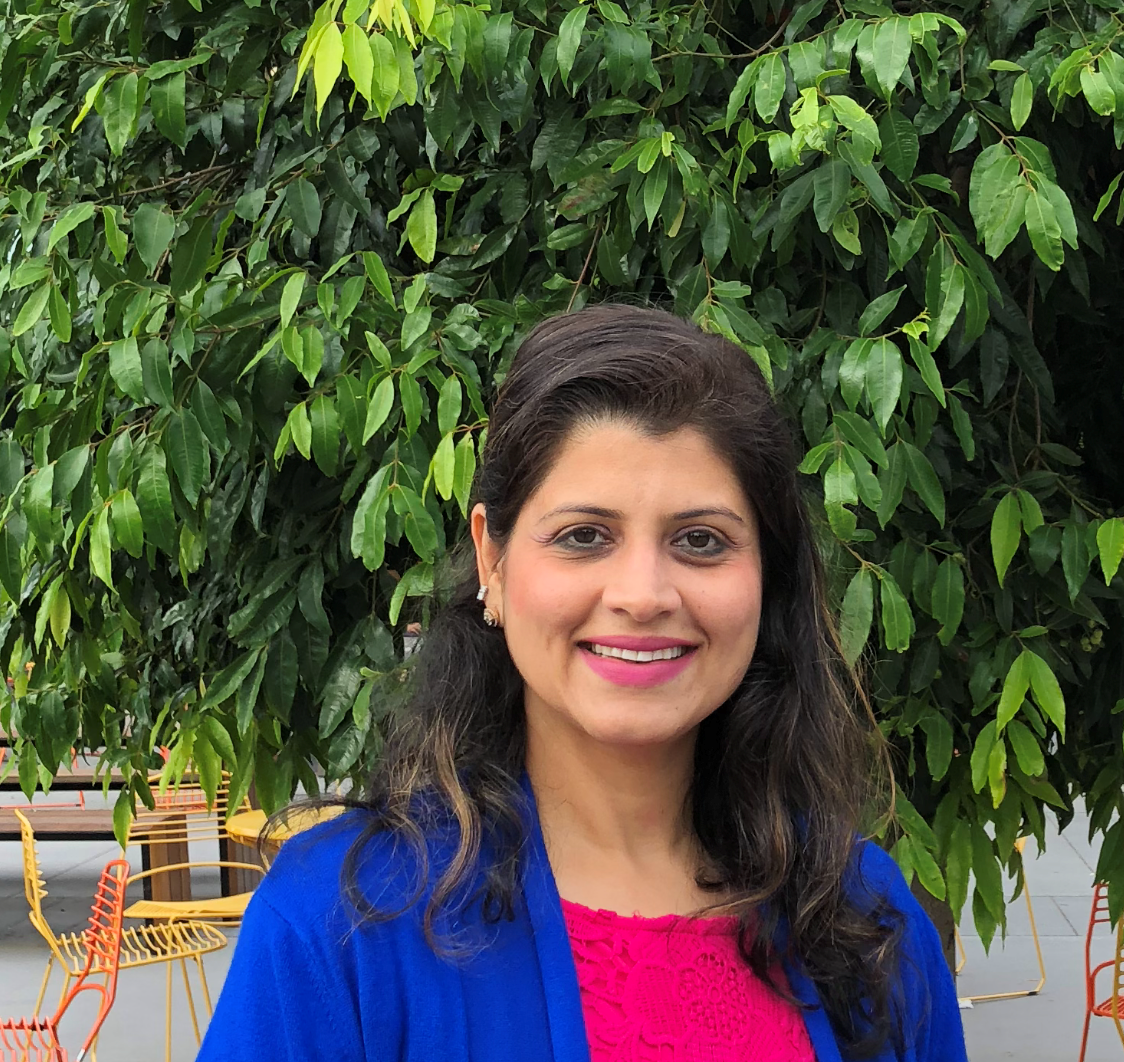Immigrant parent influence on children’s career pathways
As a child of immigrant parents, I know the pressures that can be experienced during high school around careers and the future.
It’s an impossible balancing act of growing independent and carving out our own futures while trying to fulfil the wishes of our parents.
So I spoke to Dr Sarika Kewalramani from Monash University’s Faculty of Education to find out what she has discovered from her research into how immigrant parents can shape their children’s subject choices.
Dr Kewalramani has conducted focus group interviews with parents and students from culturally and linguistic diverse communities – including Mediterranean, Asian and South East Asian backgrounds.
Her research has found that the cultural beliefs, educational values and past aspirations of immigrant parents play a major role in influencing the subject choices and career pathways of students.
Dr Sarika Kewalramani is a pracademic with over 10 years’ of teaching experience. Photo: supplied
Cultural beliefs
Through her research, Dr Kewalramani has found that immigrant parents tend to hold on to their cultural beliefs.
“The beliefs they bring into the host country are rooted in their own educational upbringing and schooling experiences,” she told me.
“For example, speaking to a Mediterranean background parent or an Asian background parent, for them high stakes subjects like specialist mathematics, science and English are all non-negotiable subjects.”
“So we've seen the expectations that [their children] need to do well in these subjects because for them a career is something that revolves around science and mathematics and high literacy levels.”
Sadly, this can be very damaging for students who find these subjects are outside their academic capabilities and as such struggle to keep good grades.
Past aspirations
Dr Kewalramani also told me that parental expectations can become even more dominant by immigrant parents who have had unfulfilled aspirations in their own lives.
“Some of the parents that I've spoken to have not had full schooling experiences, they might have dropped out from year 10 or year 12 from their own overseas context,” she said.
“The expectations become even more solid, because they haven't had those experiences.”
“So then the aspirations are passed on to their children from early years.”
This can be difficult for students who are trying to explore their own passions and goals that lie outside of the plan their parents have for them.
Photo by energepic.com from Pexels
New country challenges
Dr Kewalramani’s research has also found that immigrant parents often face certain challenges in their capacity to provide guidance in their children’s subject choices.
“Career counsellors tend to have some challenges to explain to parents, who do not have the experiences of knowing the Australian schooling system, the variety of subject choices available,” Dr Kewalramani said.
“The overseas context does not provide those variety of choices and so when they immigrate to Australia there might be a bit of a shock.”
Dr Kewalramani conducts professional learning seminars with schools to show teachers and counsellors methods for mediating between parents and students. And the good news is she has seen that mediation can have a positive effect for the students.
“[The schools] see that there is a really big need for these parents to be educated and understand the different types of choices and that they are good choices,” she said.
“And we've seen that when parents are invited to these personalised coaching sessions, they do reciprocate. And at the end of the day, they do realise that it's my child's career, not my career.”
Building self-confidence
Dr Kewalramani says the most important thing schools can do for children of immigrant parents is to help build confidence in voicing their own interests.
“We have to keep the student in the core of all our interventions and mediation – their expectations, their beliefs and their strengths,” she told me.
Her advice for how students themselves can grow their self-confidence and build independence is to employ metacognition.
“Metacognition is thinking about your thinking,” she said.
“It's about reflecting on what you've done, what your strengths are and what you want to be in the future.”
“When students start to metacognate, or when students start to be reflective, then they understand themselves better, and they're more competent to voice themselves.”
Dr Kewalramani said role models are also incredibly important to show students the types of careers out there, and that not every career path is the same.
“Success means different things to different people so we’ve got to show them what success means and where and how that happened, that entire process needs to be modelled,” she said.



